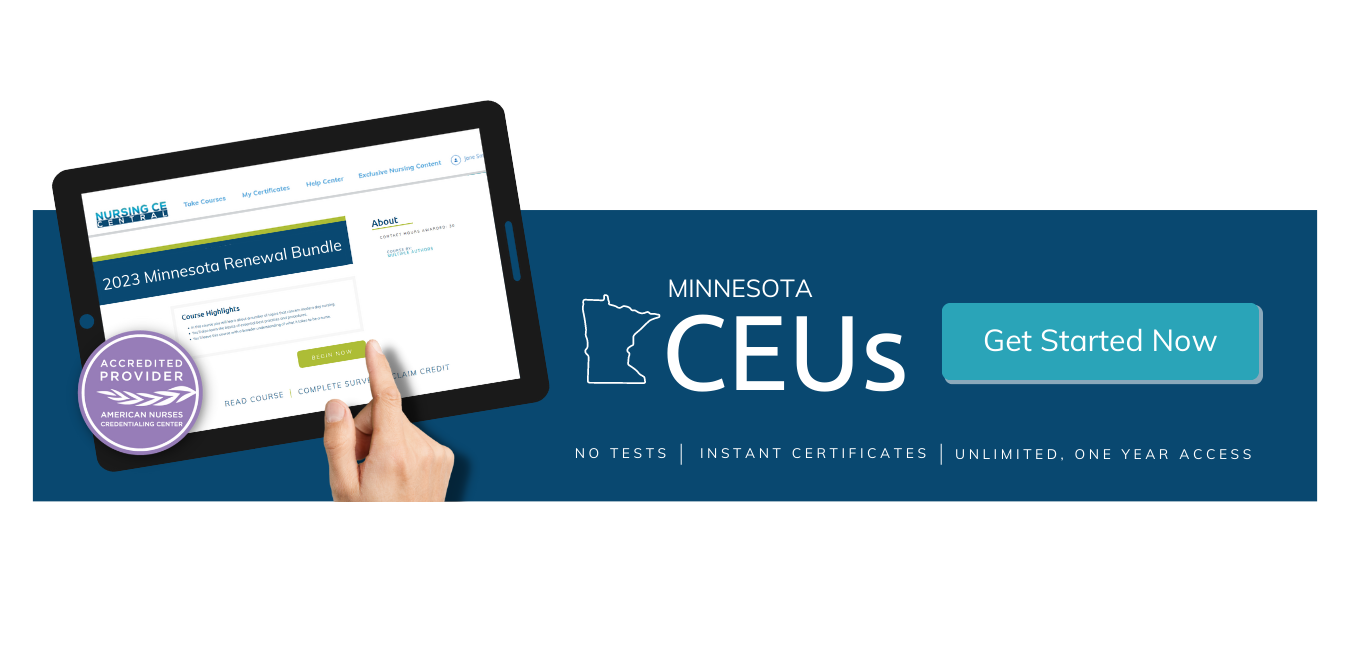Nurses’ Place in Policy
NC Nurses for Reproductive Rights bridges the gap between a nurse’s role in a reproductive care team and healthcare’s role in political advocacy. Health policy nurses fill a similar role by specializing in the intersection between nursing and policy.
These nurses often seek additional education in healthcare policy and public health to supplement their hands-on clinical experience with a deep understanding of the healthcare system and the government’s role in regulating it.
Health policy nurses may also gain advocacy experience outside of the healthcare setting by volunteering their time to established advocacy organizations or relevant non-profits. This experience can then be used to advance the nurse into managerial or research roles that combine nursing with policy.
There are many different advocacy groups for nurses who wish to pursue a role in policy. One study reviewed five examples of nurses taking on advocacy roles such as championing health equity in national nursing organizations, establishing a school nurse program in Saudi Arabia, and utilizing Social Media as an advocacy tool.
When in a patient care setting, nurses advocate on behalf of their patients and support their patient’s care decisions. Policy advocacy allows nurses to ensure that regardless of personal beliefs, patients will have all the tools and resources to make the best decisions regarding their health.









